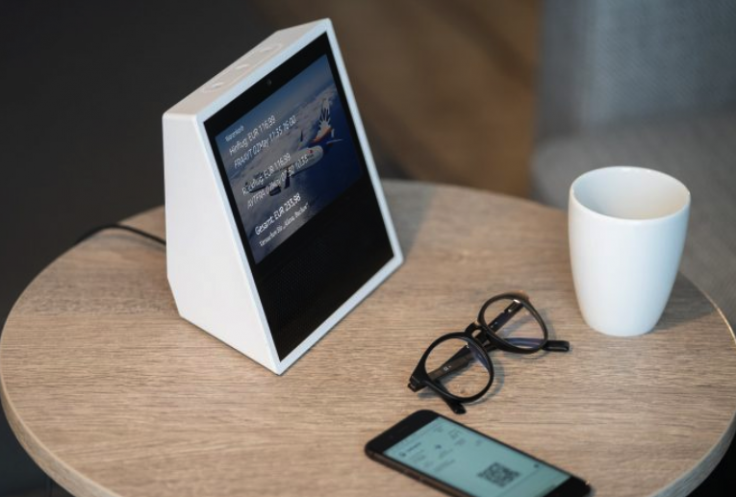What do Siri, Google Assistant and Alexa have in common? Well, they're all virtual assistants and that's pretty much about it. All three are from three of the biggest tech companies in the world, and while they compete against each other, we might get to see them unite on a common platform.
Apple, Google and Amazon on Wednesday, December, 18 announced plans to develop a common technology standard for smart home products. A move that aims to enable more connected smart devices to speak to each other. This means that a variety of IoT (internet of things) devices operating on digital assistants such as Apple's Siri, Google Assistant and Amazon's Alexa would work together and there will be higher interconnectivity between smart home devices.
No more royalties
The move would also allow developers to build new products without paying any royalties for connectivity software. Therefore, enabling consumers to choose their preferred voice assistants on the device of their choice.

A statement issued by the new working group reads: "The project aims to improve the consumer experience of trying to use smart home products that aren't compatible with each other."
"We believe that the protocol has the potential bro be widely adopted across home systems and assistants such as Google Assistant, Amazon Alexa, Apple's Siri, and others."
More companies back this move
The new project also includes the Zigbee Allaince, which is a separate effort to develop a common wireless standard for connected devices. The alliance includes hardware manufacturers bsuch as Samsung and retailers such as IKEA and other technology firms including Texas Instruments and NXP Semiconductors.
As per the statement, the new working group will take an "open-source" approach for the development and implementation of a new "unified connectivity protocol." The project intends to use contributions from market-tested smart home technologies from companies such as Amazon, Apple, Google, Zigbee Alliance, and others. Meanwhile, according to data from research firm IDC, the global market for connected home devices is expected to reach almost 815 millions devices this year - a 23 percent growth from 2018, and continue to grow, reaching 1.39 billion by 2023.
What it means for the average consumer?
The initiative, "Project Connected Home over IP" will help promote more smart home devices and make it easier for developers of smart home products ranging from smart speakers to smart lightbulbs to even smart refrigerators to choose a common standard. The developers so far had to choose from a variety of standards.
What this means to the average consumer is that he will enjoy a greater range of smart home products at more affordable prices than ever before because it simplifies product development and reduces the cost of manufacturing by giving developers one standard for building their products, who now do not have to pay royalties to Amazon or Google for using their respective voice assistants. The consumer will also have the power to choose how he wants to control his home, independent of which smart home technology he chooses to go with.









